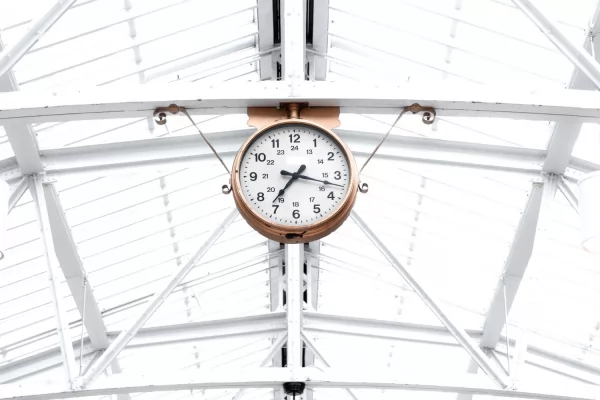THEY’RE OUT TO RUIN YOUR VACATION PLANS.
This year’s vacation isn’t the only one in jeopardy. The effects that Boeing, Coronavirus and intellectual property theft have on the global supply chain may put a damper on vacations to come.
About 2.7 million passengers fly in and out of U.S. airports every day. It takes precise and powerful machinery to defy gravity and transport that many people daily. Building that machinery is a collaborative effort. An airline operator will tell Boeing to cram as many seats into the plane as possible, then Boeing will work with a third company to order the seats themselves. The domino effect continues when the seat manufacturer sources parts from yet another company.
Coronavirus put a major halt on production in China, preventing companies around the world from sourcing the parts they need for production. Factories in the U.S., Europe and the rest of Asia are all slowing production thanks to missing parts.
WHY DOES A HALT ON PRODUCTION IN CHINA AFFECT BOEING IF THEY’RE ALSO HALTING PRODUCTION?
Boeing isn’t the only player on the board. The production halt could affect Airbus, who will have to ramp up production as operators like Southwest, a traditionally all Boeing airline, transition away from the manufacturer. Grounded Boeing aircraft and no parts for Airbus planes add up to fewer planes servicing passengers. Airbus can’t supply Southwest with new planes if its seat manufacturer can’t get seatbelts from a Chinese factory.
SO WHERE DOES INTELLECTUAL PROPERTY THEFT COME IN?
Again, China. China’s record of intellectual property theft is … not great. A 2017 report by the National Bureau of Asian Research estimated “that the annual cost to the U.S. economy continues to exceed $225 billion in counterfeit goods, pirated software, and theft of trade secrets and could be as high as $600 billion.” The Trump administration is considering halting deliveries of jet engines co-produced by GE for a new airliner being developed in China. The administration cites concerns that the Chinese will reverse-engineer the engines, giving them a window into the jet engine market.
Trade War 101: If we implement protective trade measures, they will too. So when the Coronavirus clears up and Chinese factories rev production back up to full speed, Airbus, and companies that produce parts for Airbus, could face some serious tariff action. Higher tariffs and higher manufacturing costs mean pricier flights because we know airline operators aren’t going to eat the cost.





